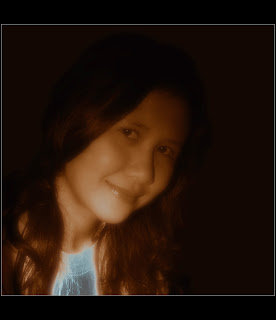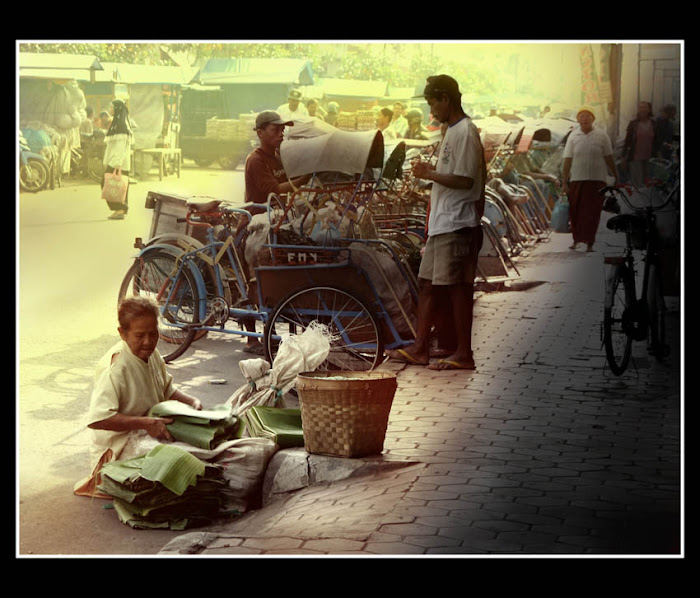
catatan akhir pekan, 23 September 2007
by Tedy J. Sitepu
Seorang ilmuwan abad 18, Louis Pasteur, pernah mengatakan: “Chance favors the prepared mind.” Kalimat ini menjadi sangat abadi hingga kini. Bagi saya, ini menjadi salah satu kalimat motivasi pribadi yang sejak dulu mendasari setiap upaya saya selama ini.
Tak sengaja, saya menemukan sebuah buku yang sebagian besar isinya didasarkan pada spirit kalimat Louis Pasteur itu. ”The Prepared Mind of A Leader: Eight Skills Leaders Use to Innovate, Make Decision, and Solve Problems” judulnya. Buku yang sangat menarik menurut saya. Berikut sedikit ringkasan buku tersebut.
Good leadership, like so many other things in life, is seen through a combination of skills. And like so many other things in life, you don’t just “get better” at leadership; you improve your skills by regular practice. To use a sport metaphor, a good golfer has driving skills, putting skills, “rough skills, bunker skills, and others. He or she is good only because of practice. And as we looked at organisational successes and failure in their innovation, decision making, and problem solving, we looked for mental skills that were being used or were absent.
We see eight fundamental skills delineating a Prepared Mind leader.
Observing
The environment in which we live and operate is constantly changing. It’s natural for us to look for confirming information about our view of the world, but it’s often more important to look for disconfirming information. What have you been obeserving lately?
Reasoning
People will want to know why you are proposing a course of action and will not follow your lead untill they understand your explanation. What are your answer to the “why” question?
Imagining
The future is unknowable, but it can be visualized. Established industries, companies, policies, and practices are always challanged be new (imagined) ideas. What’s running through your mind these days?
Challenging
Any organisation’s business is built on assumptions. When is the last time you challanged your assumptions and tested their validity?
Deciding
Face it, you get paid to make or influence decisions because action is essential to progress. Are you progressing or paralyzed?
Learning
Past knowledge got you to where you are today. It may or may not be effective in continuing to move you forward. What don’t you know that you should know?
Enabling
You m ay be smart, but progress requires a concerted effort for any organisation. Do the people aroun you have the knowledge and the means and, most important, the opportunity to progress.
Reflecting
All decisions have trade-offs. We need to look at past decisions and understand the trade-offs we made and the consequences of those trade-offs. We also need to reflect forward (envision) and consider the trade-offs we are about to make. The problem is that we are time starved and never seem ti have the time to just think. Have you spent any quiet thinking time lately?



